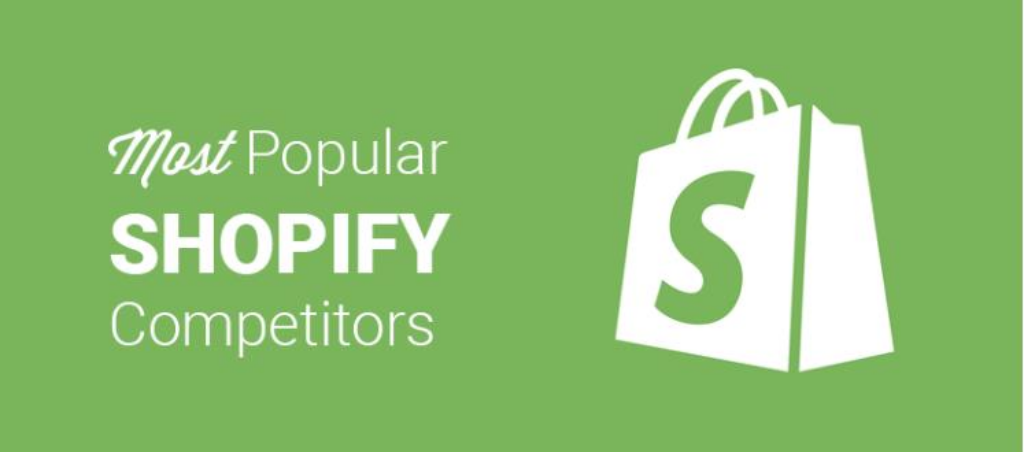
Are you searching for the best Shopify alternatives to build your online store? You’ve come to the right place. While Shopify has been a popular choice for years, this article explores the top alternatives and competitors to Shopify in 2024, helping you find the platform that suits your needs.

Why People Choose Shopify
Shopify is an all-in-one eCommerce platform packed with features to build, customize, and sell products online. Here’s why many choose Shopify:
- User-Friendly Setup: Launch a store within 24 hours, with a 14-day free trial.
- Themes and Customization: Access free and paid themes, along with intuitive customization tools.
- Free Hosting: All plans include unmetered free hosting.
- Payment Processing: Supports over 100 payment gateways and handles payments in any currency.
- App Integration: Easily install apps to enhance store functionality and marketing.
- Mobile Shopping Cart: Includes a built-in mobile shopping cart.
- Content Marketing: Simplifies blog creation to drive traffic.
- 24/7 Support: Access around-the-clock technical assistance.
- Advertising Tools: Makes creating and managing Facebook ads straightforward.
Despite these advantages, Shopify may not be the right fit for everyone. Users often migrate to competitors due to their limitations.
Why Consider Shopify Alternatives
Here are the main reasons users explore Shopify alternatives:
- Transaction Fees: Shopify charges 0.5% to 2% on external payment gateways, unlike many competitors offering free transactions.
- High Pricing: Shopify’s mid-tier plans can be expensive for small businesses, starting at $29.99/month.
- Limited Features in Basic Plans: Features like multiple product attributes require paid extensions, increasing costs.
- Complex Customization: Setting up advanced features often requires professional help.
Top 9 Shopify Alternatives and Competitors
1. WooCommerce
WooCommerce is a free WordPress plugin with over 7.5 million downloads. It’s ideal for those looking to build an online store without high upfront costs.

Pros:
- Free to use with no transaction fees
- Seamless WordPress integration
- Extensive customization with over 400 add-ons
Cons:
- Requires hosting purchase
- Setup can be challenging for beginners
Why Choose WooCommerce: WooCommerce offers complete customization at no cost for transactions, unlike Shopify’s fees. It’s perfect for WordPress users.
2. Big Cartel
Big Cartel is designed for creative entrepreneurs like artists, musicians, and filmmakers.
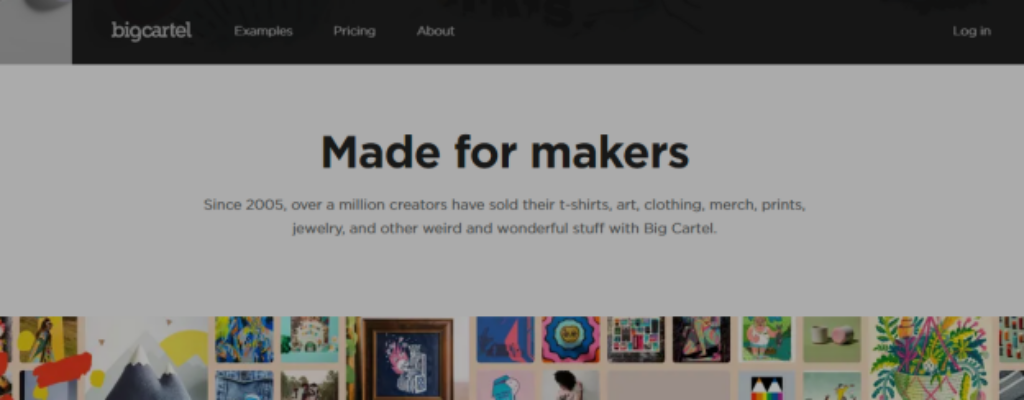
Pros:
- Free plan for up to five products
- Easy-to-use interface
- No transaction fees
Cons:
- Limited product listings (maximum 300)
- Fewer advanced features on the free plan
Why Choose Big Cartel: Big Cartel’s simplicity and affordability make it a great Shopify alternative for small creative businesses.
3. BigCommerce
BigCommerce is a robust platform focused on scaling businesses.

Pros:
- Supports over 250 currencies
- Zero transaction fees
- Scalable for any business size
Cons:
- Higher pricing than competitors
- Complex content creation tools
Why Choose BigCommerce: BigCommerce offers advanced features like SEO-friendly URLs and a single-page checkout, making it a strong Shopify competitor.
4. Squarespace
Squarespace is known for its visually stunning templates and simplicity.

Pros:
- Excellent for building portfolio websites
- Built-in SEO tools
- Affordable pricing
Cons:
- Limited eCommerce features
- Challenging migration process
Why Choose Squarespace: Squarespace is ideal for small businesses seeking an affordable and visually appealing online store.
5. Zoey
Zoey caters to B2B and B2C businesses with bulk order capabilities.
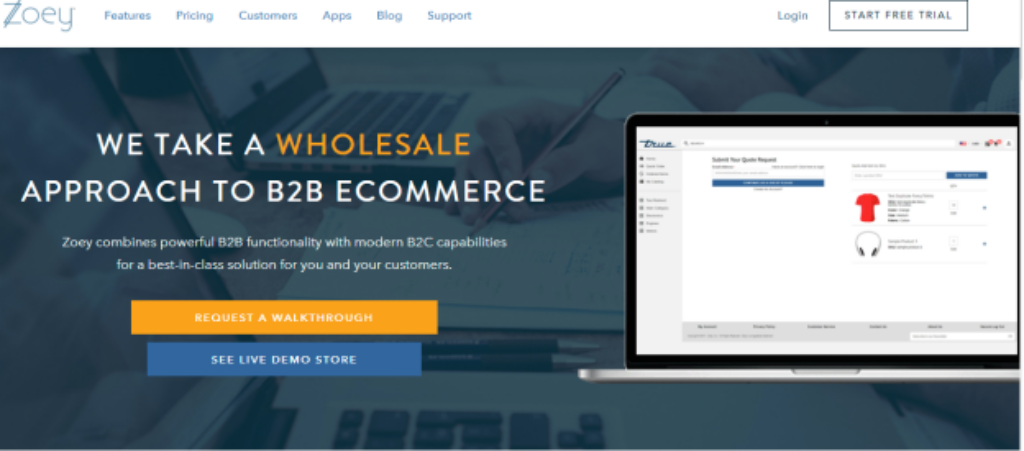
Pros:
- Mobile-friendly stores
- Code-free customization tools
- Comprehensive analytics
Cons:
- High pricing (starting at $299/month)
- Not suitable for small businesses
Why Choose Zoey: Zoey’s bulk order handling and free app integrations make it a top choice for wholesale businesses.
6. Magento
Magento, an open-source platform, is a powerful option for advanced users.

Pros:
- Free Amazon sales channel extension
- Supports multiple payment gateways
- No monthly fees
Cons:
- Requires hosting and IT expertise
- Costly setup for beginners
Why Choose Magento: Magento is perfect for Amazon sellers and businesses requiring a high level of customization.
7. Volusion
Volusion is a platform built to empower small businesses.

Pros:
- No transaction fees
- Free themes and features
- Abandoned cart reports
Cons:
- No blogging functionality
- Limited advanced features
Why Choose Volusion: Volusion’s zero transaction fees and user-friendly tools make it a strong alternative to Shopify.
8. PrestaShop
PrestaShop is a free platform that offers flexibility for international sales.

Pros:
- 100% free platform
- No transaction fees
- Multilingual support
Cons:
- Limited free themes and features
- Requires hosting
Why Choose PrestaShop: PrestaShop’s cost-effectiveness and multilingual support make it a great choice for global sellers.
9. Wix
Wix is a widely-used website builder trusted by over 150 million users.
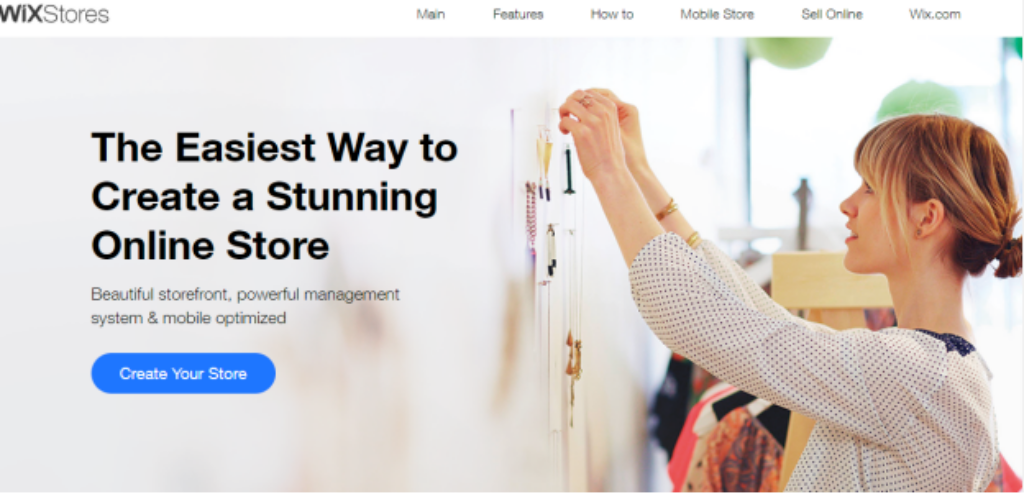
Pros:
- Over 500 designer templates
- Drag-and-drop editor
- Affordable pricing
Cons:
- Ads on free plans
- Weak SEO features
Why Choose Wix: Wix is an excellent Shopify alternative for small businesses relying on content marketing.
Best Dropshipping and Wholesale Platform: TinyDeals
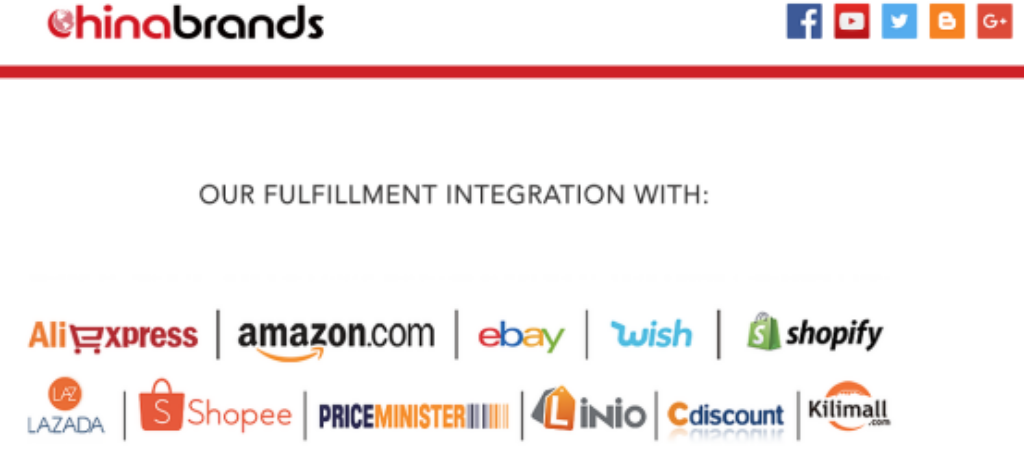
For dropshipping or wholesale, TinyDeals is a leading platform with seamless integration for Shopify, Amazon, and other platforms.
Features:
- Over 500 million products
- API integration for 20+ platforms
- Global shipping with next-day delivery
Pros:
- No minimum order requirements
- Low-cost wholesale pricing
- Automated order fulfillment
Why Choose TinyDeals: TinyDeals simplifies inventory management and order processing, making it an ideal partner for online retailers.
Final Thoughts
Each eCommerce platform has its unique features, pricing, and tools. The best Shopify alternative depends on your business needs, budget, and expertise. Whether you’re a small entrepreneur or a large-scale retailer, these Shopify alternatives and competitors provide excellent options to grow your online store in 2024.



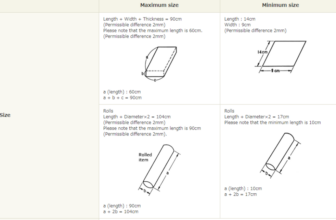

![Finest HEPA Air Purifiers to Promote On-line + Wholesaler & Dropshipper [China/US/UK]](https://www.tinydeals.net/blog/wp-content/uploads/2025/01/image-165-1024x1024-336x220.png)
